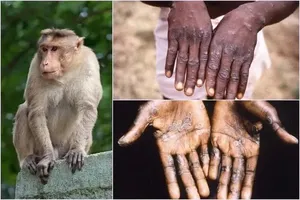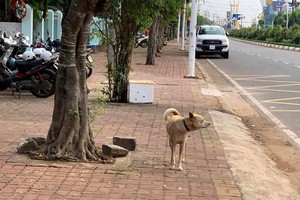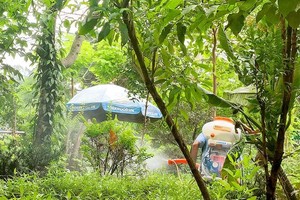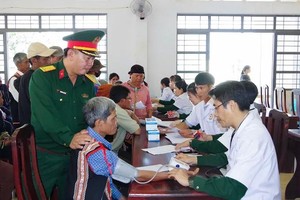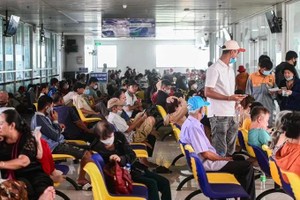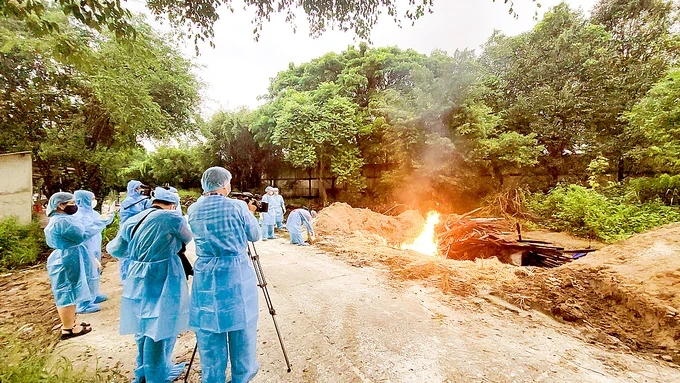
The deaths of these wild animals were reported at Vuon Xoai Eco-Tourism Area in Bien Hoa City (Dong Nai Province) and My Quynh Zoo in Tan My Commune of Duc Hoa District (Long An Province). The authorities in both provinces have implemented preventive measures to contain the outbreak and prevent the virus from spreading to humans or other animals.
Vuon Xoai Eco-Tourism Area in Dong Nai Province houses six endangered and rare animal species and 34 other non-endangered species. Among them are 42 tigers and two leopards imported from Africa.
However, between September 8-22, 20 tigers and one leopard, weighing between 80-100kg, died from an unknown cause. Laboratory tests confirmed that these animals were infected with the H5N1 avian influenza virus. This marked the first recorded outbreak of avian influenza in tigers and leopards in Vietnam, although the source of the infection remains undetermined.
During the same period, 30 tigers and lions died at My Quynh Zoo in Long An Province. Test results also indicated H5N1 infection. Notably, three of the deceased tigers had been recently transferred from Vuon Xoai Eco-Tourism Area. It is worth mentioning that My Quynh Zoo did not possess the required animal quarantine certificate for transporting these animals from Dong Nai Province.
To prevent the spread of the disease, the local authorities have conducted disinfection and decontamination procedures in the infected enclosures and the storage areas of animal remains. On October 3, the Dong Nai Province Animal Husbandry and Health Department, along with other relevant agencies and authorities, disposed of all the dead tigers and leopards by incineration and then burial on-site at Vuon Xoai Eco-Tourism Area.
In Long An Province, Deputy Director Dinh Thi Phuong Khanh of the Department of Agriculture and Rural Development requested that My Quynh Zoo be temporarily closed to visitors until the outbreak is contained. The zoo has been instructed to continue monitoring the remaining animals, isolate sick individuals, and maintain strict hygiene and disinfection practices. Additionally, human contact with animals should be limited, and zookeepers must wear appropriate protective gear.
The Department of Animal Health has issued Directive No. 2274/TY-DT requesting the Dong Nai Province Department of Agriculture and Rural Development to instruct specialized agencies to continue collecting samples from dead tigers and leopards for in-depth analysis at the Animal Health Department Zone VI or the Central Animal Health Diagnosis Center. The aim is to determine the root cause of the outbreak, conduct epidemiological investigations of wild animal cases, and trace the source of feed and origin of animals.








